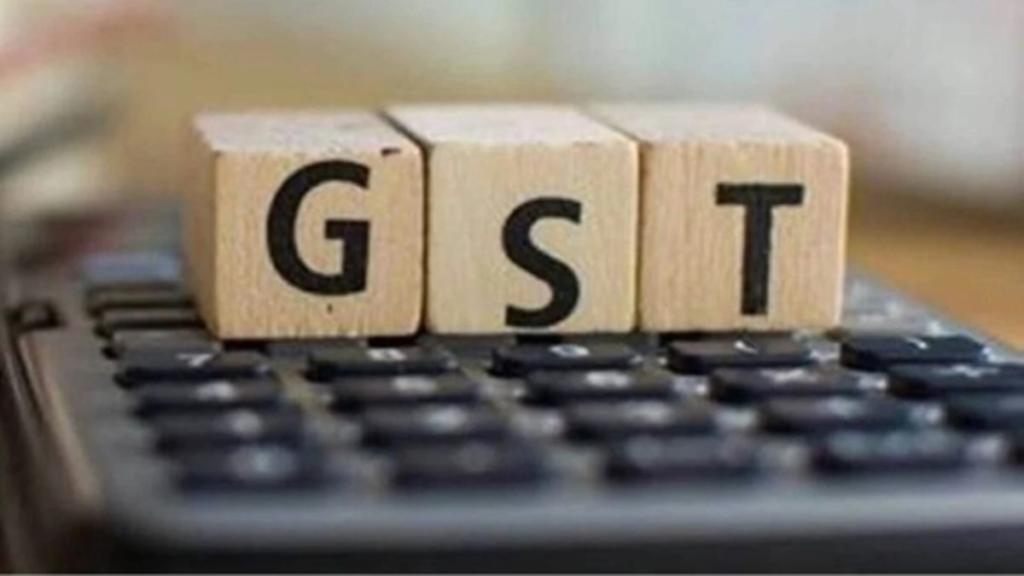Finance Bill also caps the impost
The government has plugged a loophole in the taxation of pan masala and assorted tobacco products, including cigarettes, by clearly defining the value – maximum retail price (MRP) – on which the GST compensation cess would apply on these demerit items. However, it addressed concerns of “excessive taxation” of the evasion-prone sector by capping the cess.
The necessary amendments were part of the Finance Bill, 2023, which was passed by the Lok Sabha on Friday.
The key change is that the tax will now apply on the MRP, rather than the “actual sale price” at factory gate, which the manufacturers used to under-report. Also, the MRP is defined as “the maximum price at which the concerned goods in packaged form may be sold to the ultimate consumer and includes all taxes, local or otherwise, freight transport charges, commission payable to dealers, and all charges towards advertisement, delivery, packing, forwarding and the price is the sole consideration for such sale”.
Tax experts said this will lead to a significant rise in incidence of taxes and revenue, especially since the tax is also limited to a threshold, above which it would have crippled the industry and hit revenues.
A plan to levy GST on pan masala and gutkha on the basis of installed manufacturing capacity to curb evasion was earlier dropped by the GST Council, given the difficulties it could have created, in administering the input tax credit mechanism.
In May 2021, the Council had set up a group of ministers (GoM), led by Odisha finance minister Niranjan Pujari, to examine the feasibility of such tax, rather than on actual production/sale, in view of large-scale tax evasion detected by under-reporting of output by the units.
Currently, tobacco items and pan masala attract the highest GST rate of 28% and also the compensation cess. The rate of cess on tobacco products is 290%, while that on pan masala is 135%.
According to the new amendments, the cess on pan masala has been capped at 51% of the retail sale price per unit while the cess on tobacco and manufactured tobacco substitutes (tobacco products), including tobacco products, has been capped at 100% of the retail price per unit. The cess on tobacco and tobacco products has been kept at Rs 4,170 per 1,000 sticks or 290% ad valorem or a combination of this. The exact rates for various products will be decided by the GST Council.
“It has been proposed to amend the Schedule of the GST (Compensation to States) Act, 2017, pertaining to the maximum rate at which GST compensation cess may be collected for items such as pan masala, tobacco and manufactured tobacco substitutes, including tobacco products,” said Bimal Jain, founder, A2Z Taxcorp LLP.
Saurabh Agarwal, tax partner, EY, noted that the move is in line with the report of the GoM which was approved by the GST Council, and would help in boosting revenue collection at the manufacturer level as well plug revenue leakages.
The government, via the Finance Bill, has introduced changes in the Manufacturing and Other Operations in Bonded Warehouse (MOOWR) Scheme by inserting a new section in the Customs Act. The deferment of duties for goods imported under the scheme is now being restricted to duties other than integrated GST and compensation cess. In other words, IGST and cess will now be payable on import of goods under MOOWR.
Agarwal said this would help in bringing GST on domestically manufactured goods on a par with those imported under the said scheme, which were earlier enjoying deferment of the indirect tax levy.
With an aim to encourage domestic manufacturing, the MOOWR schemes allows for deferment of the customs duties on imported goods that are used for the intended purposes of manufacture or carrying out other activities.

Source:financianexpress.com


